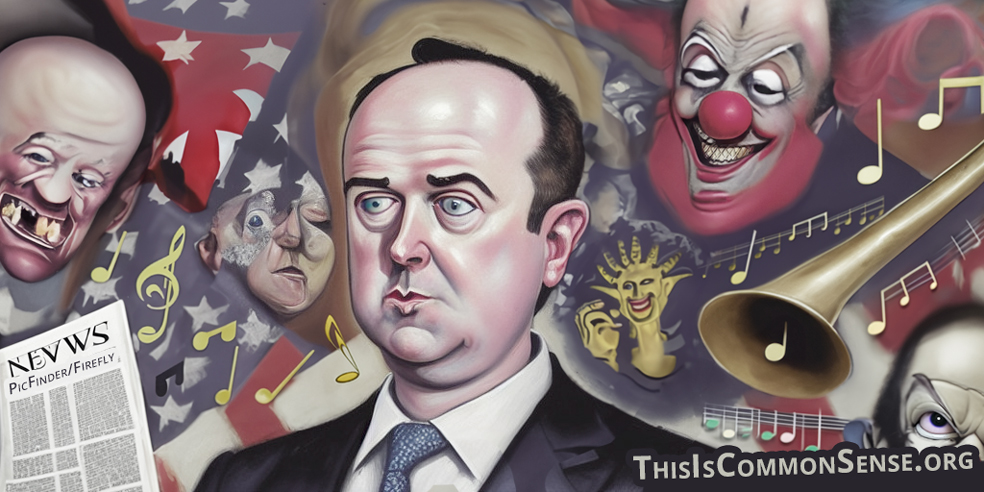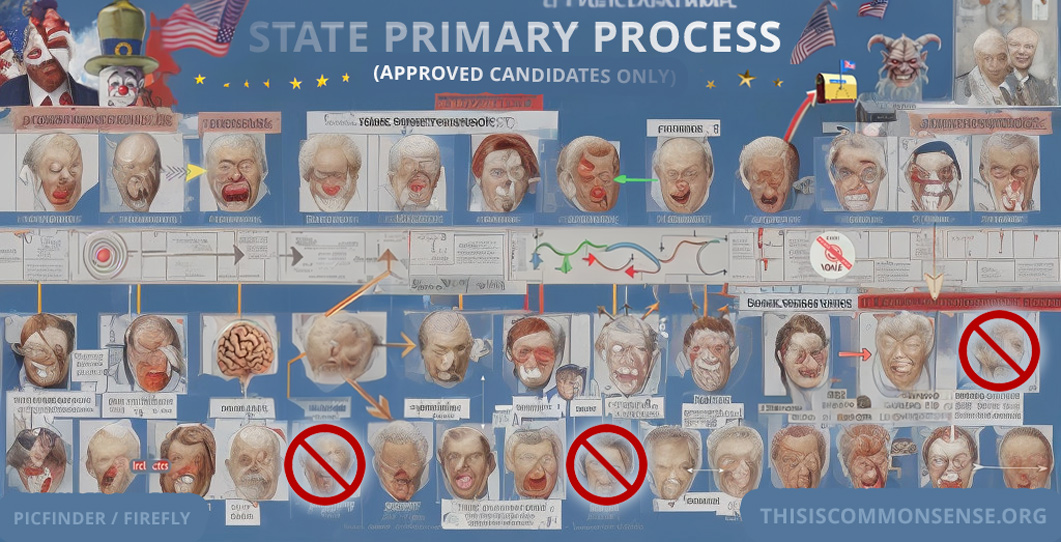Yes, but . . .
When contemplating a candidate for office we may like, we do a lot of “Yes, but” thinking. It’s impossible not to.
Yesterday I considered the candidacy of Bobby Kennedy, Jr., in the context of the Republican/Democrat Duopoly™. Many of my readers may like his stances on COVID or war, but worry about other positions, like the Second Amendment and “climate change.”
Yes, but . . . there is another Yes, But context: the candidate forces mainstream voters and media manipulators to Yes, But their cherished positions.
Yes, Trump was “a threat to democracy” for trying to “overturn an election.” RFK, Jr. grants that Democrat talking point.
But when pressed by Erin Burnett of CNN, his response was a challenge: “I can make the argument that President Biden is the much worse threat to democracy, and the reason for that is President Biden is the first candidate in history — the first president in history — that has used the federal agencies to censor political speech, so to censor his opponent.”
Now your and my response might be, No, but . . .
As in, he was certainly not the first president in American history to directly censor political speech.
But the presidents who did that are all heroes to the CNN crowd, so they’ll have to say, “Yes, but . . .”
But what? What’s the response?
The CNN article, linked above, was lame: “‘With a straight face Robert F. Kennedy Jr. said that Joe Biden is a bigger threat to democracy than Donald Trump because he was barred from pushing conspiracy theories online,’ DNC senior adviser Mary Beth Cahill said in a statement. ‘There is no comparison to summoning a mob to the Capitol and promising to be a dictator on day one. . . .’”
What CNN and the DNC and the whole establishment ignore is the vast suppression of thousands, millions of voices online, organized by the government and ex-government and close-to-government operatives.
Yes, but . . . they like censoring their competition!
This is Common Sense. I’m Paul Jacob.
Illustration created with PicFinder and Firefly
—
See all recent commentary
(simplified and organized)





